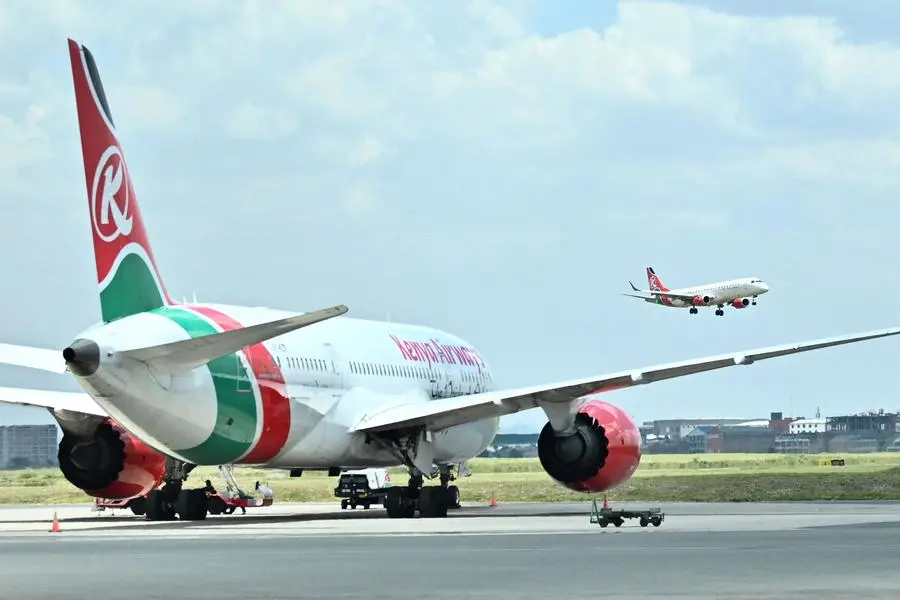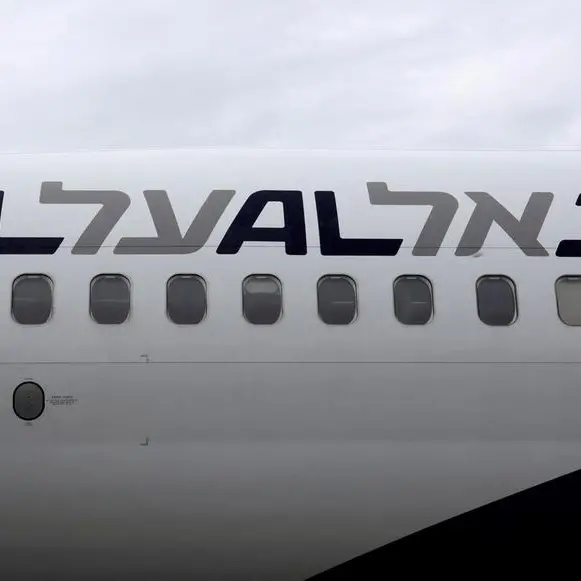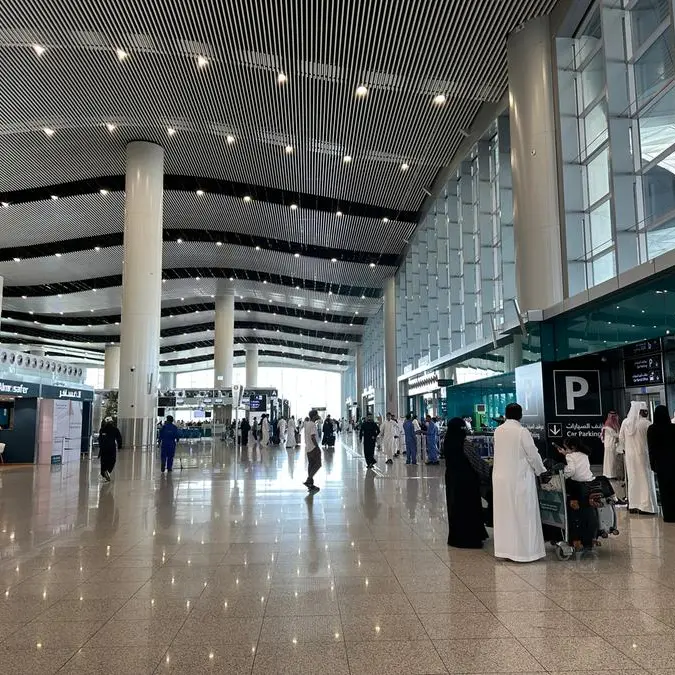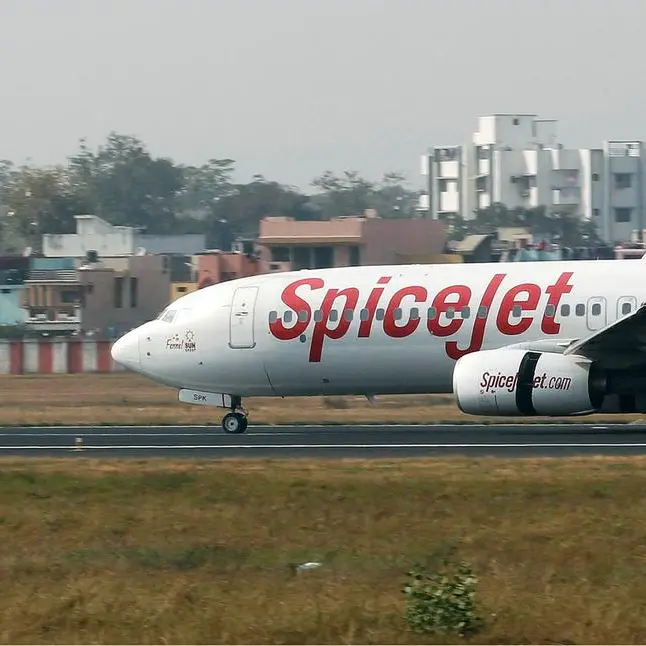PHOTO
Kenya Airways return to profit after an 11-year drought, is emblematic of the challenges and opportunities of African Aviation. It also demonstrates that if it takes a professional approach, Africa has the talent to manage and turn round most of its pressing problems.
Home to 18 percent of the world’s population, Africa accounts for a paltry 2.2 percent of global air passenger traffic. The miniscule number combined with positive economic growth rates and a young population are often presented as evidence of the unmet need and therefore opportunity for growth of air transport.
But the same number also reflects the fragility of the air transport business in Africa. Margins are woefully thin, with airlines barely making a dollar on each passenger they carry.
Markets are disconnected, complicated by closed skies, policy dissonance and a supply chain where everything costs airlines at least 30 percent more.
Kenya Airways $42 million profit for 2024, was delivered by a mix of topline growth, cost management and a propitious exchange rate.
Twelve years ago, just before it plunged into the loss that would shock the nation in 2014, everything was going well for Kenya Airways. Betting on a booming African market, it invested in expansion, launching long-haul routes to Asia.
Then everything rapidly unravelled after the outbreak of Ebola in West Africa, throwing all plans into disarray and the airline into a crisis of a disconnected market, rapidly falling revenues and mounting debt.
As the crisis at Embakasi deepened, the shareholders did what we often do in such situations — outsource expat management. Yet a whole suite of expatriates were easily overwhelmed by the challenge at KQ.
There are several lessons from all this. Above them is that in Africa, you don’t have to do anything wrong for things to go south. And when they do, the solution is not necessary to be found outside the continent.
Chief executive Allan Kilavuka, who led KQ’s turnaround was managing its budget subsidiary, Jambojet. Running a small airline on a small budget probably gave him the experience that made him best-suited to nurse the stricken airline back to life. But he was lucky too.
The sheer scale of KQ’s predicament, shocked critical publics into supporting the painful trade-offs that would be necessary if the carrier was to have a fighting chance.
With board chair Michael Joseph at the helm, and the prying eyes of lenders who converted their loans into equity, the quality of governance at KQ went a notch up.
Last year’s performance is not just the result of resilience but a combination of the right strategy, the courage to carry through difficult decisions and patient shareholders.
Despite continuing challenges, KQ’s rebound makes a case for the much-maligned state-owned airlines in Africa. Were KQ a purely private airline, it is doubtful that the will to save it would have been as resolute or that the resources to do so would have come around.
Ultimately, KQ should and will in time be privatised. But the enduring lesson for now, is that Africa should learn to look inwards for solutions and create a system that allows its best to rise to the top.
© Copyright 2022 Nation Media Group. All Rights Reserved. Provided by SyndiGate Media Inc. (Syndigate.info).





















